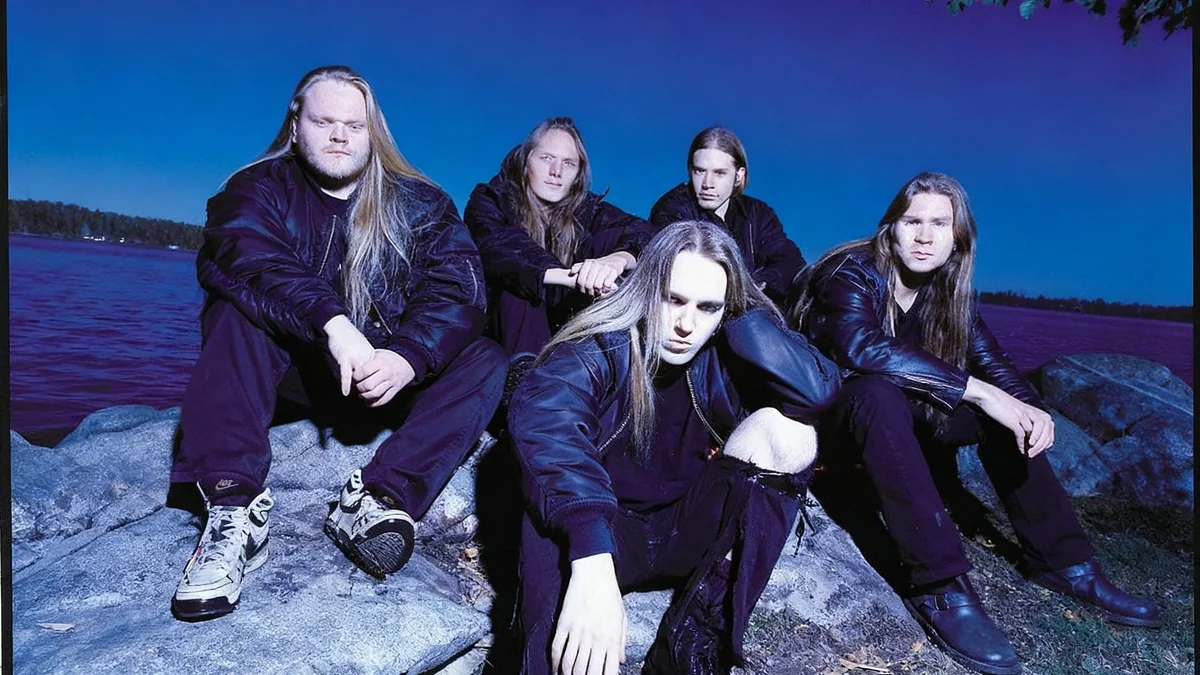The 1960s rock group The Turtles achieved a major paradox with their 1968 song "Elenore." Intended as a satirical jab at their record label, White Whale, and a self-parody of their own chart-topping hit "Happy Together," the track unexpectedly climbed to the Top 10 on the music charts. This outcome revealed a surprising disconnect between the band's artistic intent and public reception, with the song's humorous elements going largely unnoticed by both the label and fans.
Key Takeaways
- "Elenore" was created by The Turtles as a parody of their earlier hit, "Happy Together."
- The song was a deliberate, sarcastic response to White Whale Records' demand for another similar pop success.
- Despite its satirical nature, "Elenore" became a Top 10 hit, reaching No. 6 on the charts.
- Neither the record label nor the general public recognized the song's humorous intent.
- The success of "Elenore" marked a pivotal, albeit ironic, moment in The Turtles' career.
The Genesis of a Satirical Hit
The Turtles, formed by members Howard Kaylan, Mark Volman, Al Nichol, Jim Tucker, and Don Murray, achieved significant fame in 1967 with their iconic song "Happy Together." This track solidified their place in rock history, reaching the top of the charts. However, this success also created pressure from their record label, White Whale Records, to replicate the formula. The label continuously pushed for another song with the same sweet, pop vocal style that made "Happy Together" a hit.
According to Howard Kaylan, the band's lead singer, this constant demand led to the creation of "Elenore." Kaylan reportedly felt frustrated by the label's insistence on a specific sound. He decided to write a song that would appear to fulfill their request while secretly mocking it.
Did You Know?
"Happy Together" was The Turtles' only song to reach No. 1 on the Billboard Hot 100 chart in 1967. Its immense popularity set a high bar for their subsequent releases.
Intentional Irony in Lyrics and Structure
Kaylan detailed the satirical intent behind "Elenore" in the liner notes of the Turtles anthology, Solid Zinc. He stated, "'Elenore' was a parody of 'Happy Together.' It was never intended to be a straightforward song. It was meant as an anti-love letter to White Whale, who were constantly on our backs to bring them another 'Happy Together.'" He explained that he deliberately altered chords and incorporated "bizarre words" to underscore the song's humorous nature.
The lyrics of "Elenore" begin with seemingly heartfelt declarations, such as "I got a thing about you / I just can't live without you… your looks intoxicate me / even though your folks hate me." However, the chorus takes a sharp turn into absurdity: "Elenore, gee, I think you're swell / And you really do me well / You're my pride and joy, et cetera." The inclusion of "et cetera" was a clear signal of the song's facetious tone, meant to highlight the generic and overly sweet nature of the pop songs the label desired.
"It was my feeling that they would listen to how strange and stupid the song was and leave us alone," Kaylan wrote. "But they didn't get the joke. They thought it sounded good."
The Unintended Success of a Parody
Despite Kaylan's efforts to make the song's satirical elements obvious, both White Whale Records and the general public missed the underlying humor. Instead, they embraced "Elenore" as a genuine pop anthem. The track quickly climbed the charts, reaching a peak position of No. 6. This outcome surprised Kaylan, who had aimed for the song to be dismissed rather than celebrated.
The production quality of "Elenore" played a significant role in its unexpected success. Kaylan himself admitted, "Truthfully, though, the production on 'Elenore' WAS so damn good. Lyrically or not, the sound of the thing was so positive that it worked. It certainly surprised me." The polished sound and catchy melody overshadowed the lyrical irony, making it indistinguishable from other popular songs of the era.
The Shifting Sound of the Sixties
As the 1960s progressed, The Turtles, like many bands, sought to evolve their musical style beyond simple pop. They experimented with more psychedelic sounds, as heard in tracks like "You Know What I Mean" and "She's My Girl," both of which reached the Top 20. This artistic exploration often clashed with their label's desire for commercially proven pop hits.
The Beginning of the End for The Turtles
While "Elenore" provided The Turtles with another major hit, its success also marked a turning point for the band. The pressure to conform to a specific sound, coupled with internal conflicts and lineup changes, began to take its toll. The band's artistic ambitions were increasingly at odds with their commercial obligations.
In 1968, The Turtles released The Turtles Present the Battle of the Bands, a concept album where they adopted the personas of 11 different fictional bands, each with a distinct musical style. This album included another hit single, the psychedelic "You Showed Me," which also reached No. 6 on the charts. This demonstrated the band's versatility but also their continued struggle to define their core identity.
The following year, they released Turtle Soup. While this album received some critical praise, its singles, "You Don't Have to Walk in the Rain" and "Love in the City," did not achieve the same commercial success as their predecessors. By this point, the internal and external pressures became too great.
- 1967: "Happy Together" reaches No. 1.
- 1968: "Elenore" and "You Showed Me" both peak at No. 6.
- 1969: Turtle Soup is released, singles chart lower.
- 1970: The Turtles officially disband.
The Turtles officially disbanded in 1970. Howard Kaylan and Mark Volman, known as Flo & Eddie, later joined Frank Zappa's band, The Mothers of Invention, before forming their own successful duo. Mark Volman passed away on September 5, 2025, at the age of 78. He had publicly shared his Lewy body dementia diagnosis two years prior.
The story of "Elenore" remains a unique chapter in music history, highlighting how artistic intent can be misinterpreted, and how a joke can unexpectedly become a commercial triumph.




